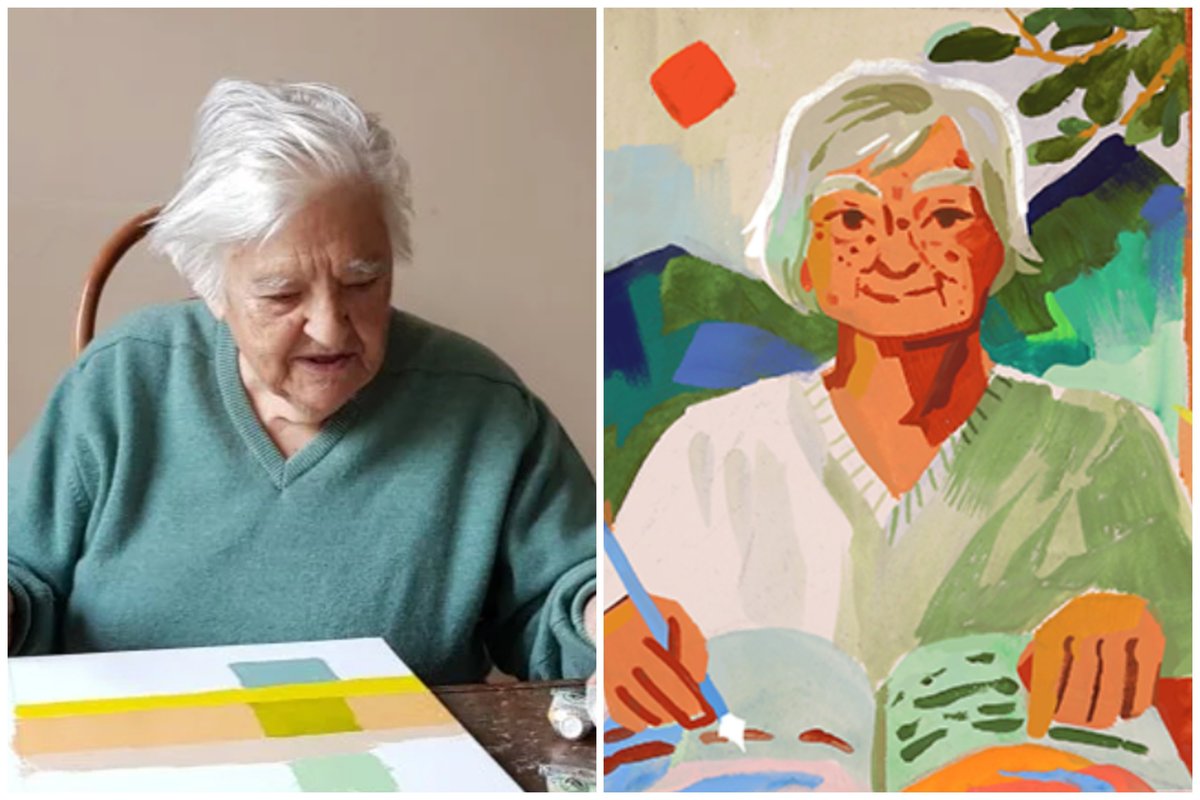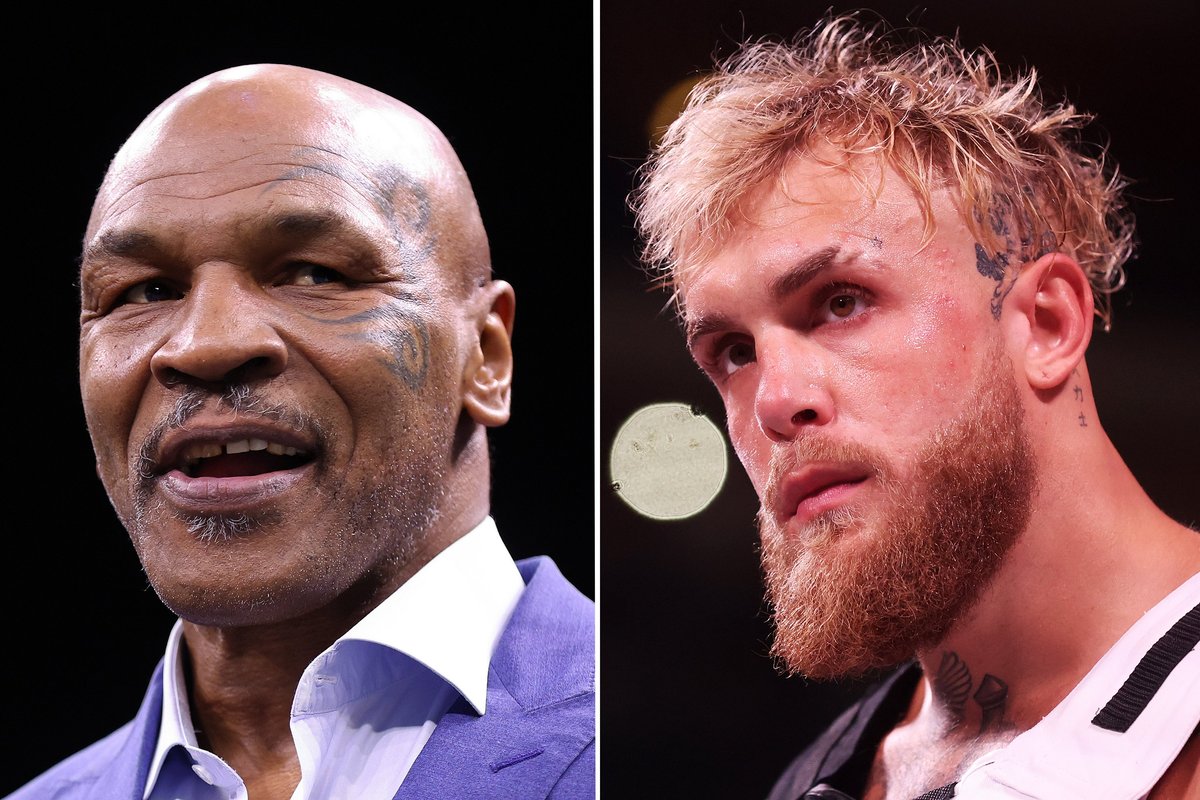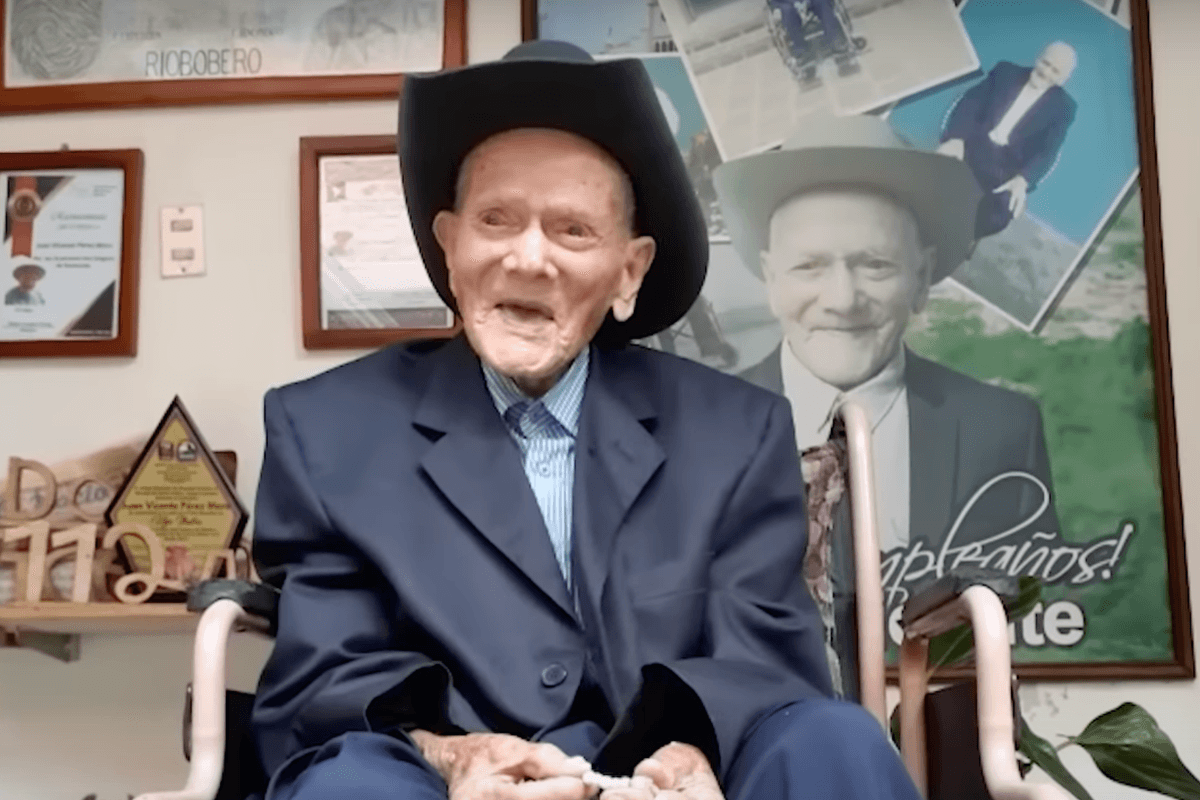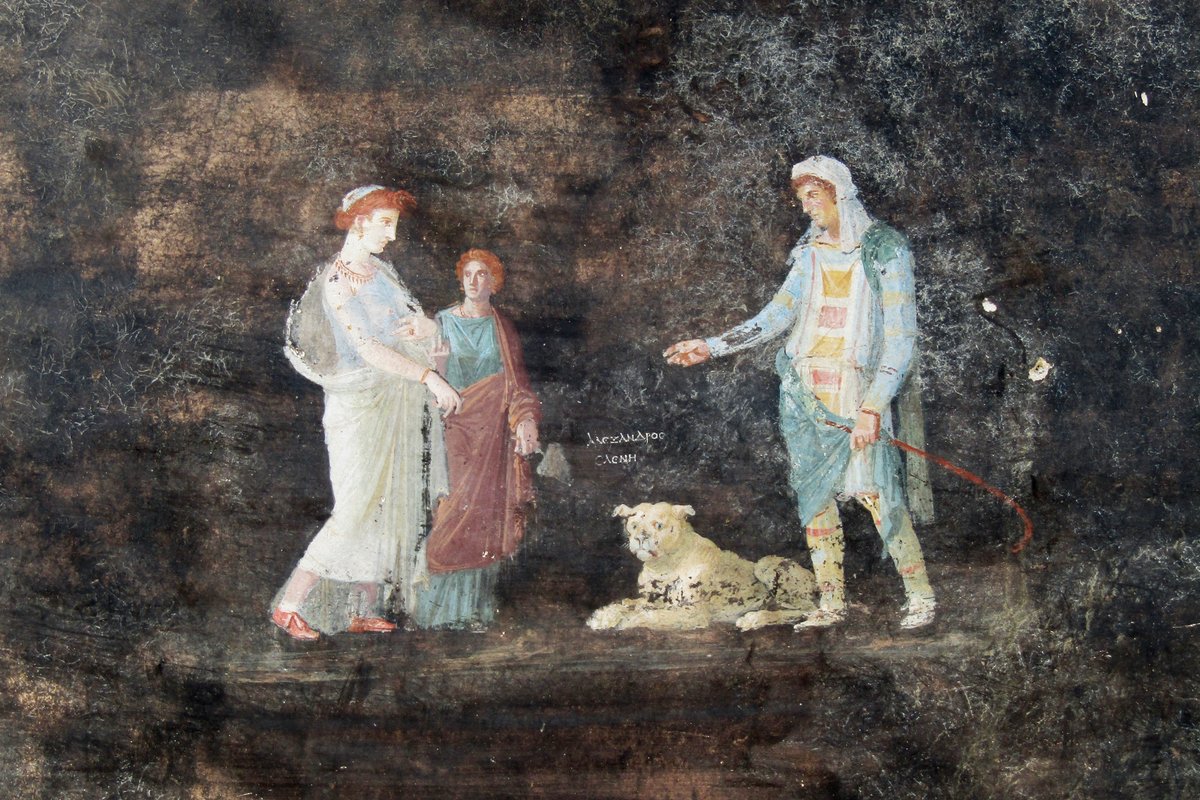News
Joe Vesey-Byrne
Nov 01, 2017

Picture:
Chip Somodevilla/Getty Images
A clinical psychologist has found there are two types of popularity, and as weak humans we always favour the worse kind.
In his new book, Popular: The Power of Likeability in a Status-Obsessed World, Mitch Prinstein argues that the type of popularity an individual tries to pursue really matters.
Prinstein, the director of clinical psychology at the University of North Carolina, has divided popularity into two types:
Those seeking to be likeable, and those seeking status.
He found that persons seeking likeability tend be in healthier and better relationships, have a more fulfilling career, and have a longer lifespan.
By contrast, status-seekers are more anxious, depressed, and can suffer addiction problems.
Prinstein told Quartz he was shocked at the effect that popularity can have on our biology.
What blew my mind was that being disliked, and excluded, and rejected changed the expression of our DNA, and put us at greater risk of inflammatory diseases and more viruses,
So why do people seek status?
In part, people simply struggle to tell the difference. Quartz quotes Prinstein as saying:
Most of us confuse the two types of popularity, and search for the wrong one,
He argues that status-seeking used to be a phase of adolescence which was shed by teenagers as they grew into adults.
Now however, social media has turned the world into 'perpetual high school'.
The world has become a perpetual high school...We can live in that adolescent mindset for the rest of our lives if we are not careful.
He also claims that women in high school are more likely to seek status than pursue likeability, in contrast to men who are usually after a mixture of both.
Prinstein puts this down to how women are socialised to use 'relational aggression' and to dominate others rather than forming relationships with them.
Women, he argues, are raised to be good at relationships, while men are raised to perform well at tasks.
Therefore to put down a woman, you socially exclude her and make her feel awkward, for a man you show him up and make him feel weak.
It's not all bleak news; Prinstein says that parents can educate their children to think about why they like someone who is 'popular'. Is it because they like them? Or because they are afraid them?
He told Quartz.
There’s this remarkable power of adolescent memories to influence what we see,
Breaking the cycle early can mean that any phase of adolescent status seeking can be just that, a phase.
HT Quartz
Top 100
The Conversation (0)
x













